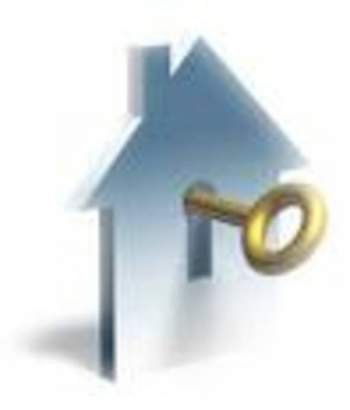
Illinois Landlord Tenant Law

Guide to Illinois Landlord Tenant Law Anyone who rents a place to live in Illinois, or who is a landlord renting any residential or commercial units, must abide by IL landlord tenant law. Current Illinois landlord tenant law gives a wide variety of rights and responsibilities to landlords and tenants to make sure that both parties are fairly treated. This guide will give you a basic overview of IL landlord tenant law so that you can understand if your landlord or tenant is in violation of state statutes. Landlord Responsibilities All landlords are responsible for abiding by the lease agreement they signed with the tenant. For instance, even though Illinois landlord tenant law doesn't require your landlord to shovel your sidewalks, if your landlord specified snow removal as one of his or her responsibilities in your lease, he or she is required to do the work. Landlords are also responsible for providing tenants with a habitable dwelling according to IL landlord tenant law. When landlords fail to maintain their property in a habitable manner, they are in violation of Illinois landlord tenant law and tenants may be able to collect damages in court. Landlords are required to provide hot and cold running water, heating, electricity, and sewage treatment. If you are lacking any of these, your landlord is in violation of IL landlord tenant law and you may be able to have the repairs made by suing in small claims court. You may also be able to break your lease if your landlord refuses to make needed repairs. Landlords are allowed by Illinois landlord tenant law to charge a security deposit on any unit they rent out, but the security deposit must be returned to the tenant promptly. If a tenant has damaged property, the landlord must give notice according to IL landlord tenant law within 30 days of the tenant leaving, itemizing the damage and the cost of repairs. If no damage has been done, the landlord is required by Illinois landlord tenant law to give back the deposit within 45 days. Tenant Responsibilities Tenants are responsible for maintaining their apartment in a habitable condition, paying their rent on time, and abiding by the terms of their lease agreement. Failure to do any of these things can lead to a landlord initiating eviction proceedings. Evictions are only allowed by IL landlord tenant law when they are done through the proper court channels. A landlord may never evict a tenant personally, for instance, by cutting off utilities or changing a tenant's locks. Tenants are not allowed to withhold rent or make needed repairs themselves and deduct the cost from their rent, according to Illinois landlord tenant law. A tenant's only recourse in these situations is to go to small claims court and sue the landlord. While this is true of statewide IL landlord tenant law, some cities in Illinois have stricter regulations for landlords and do allow tenants to deduct repair costs from rent. In order to find out if this remedy is available to you, you may want to consult an attorney or a legal clinic in your area.


















